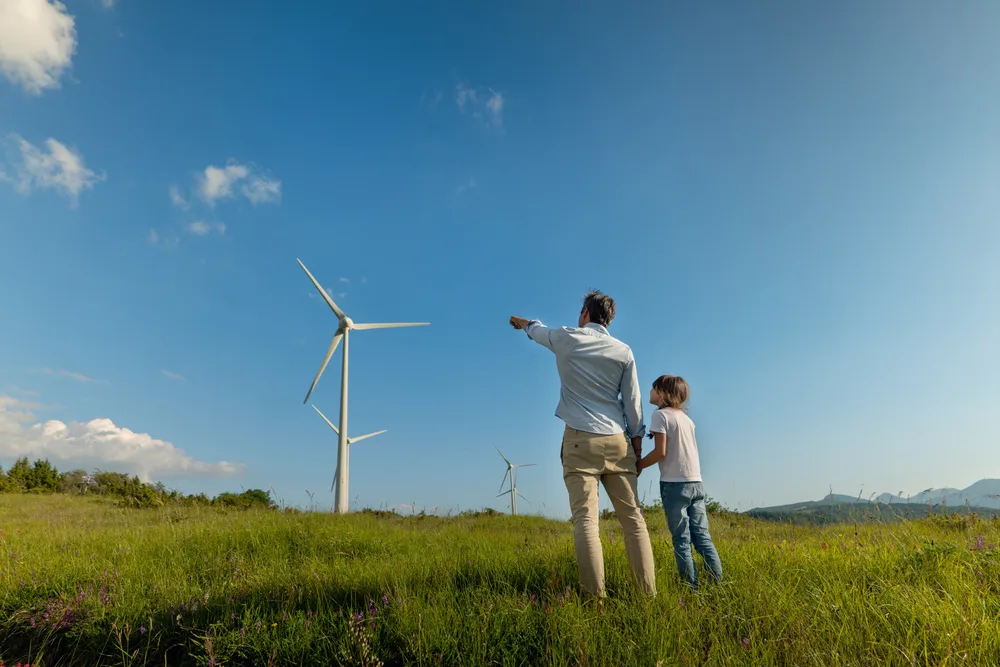Optimizing Heat Rate in Power Plants Course
Introduction:
The efficiency of power generation in today's electricity production market heavily relies on the effective optimization of heat rate. Power utilities increasingly pursue heat rate optimization as a strategic measure, as it is a critical parameter for power generating stations, influencing both economic performance and ecological impact.
So, what exactly is heat rate? It measures the volume of fuel consumed to produce one unit of electrical energy, typically expressed in BTU per kWh. The power plant heat rate directly affects operational and economic characteristics, determining the energy expenditure in relation to fuel used for maximum electrical output.
Analyzing a power plant's heat rate requires a comprehensive understanding of the entire power generation system. The objective is to minimize heat loss while maximizing the conversion of fuel energy into electrical energy.
The formula for determining heat rate is as follows:
Heat Rate (BTU/kWh) = (Total Fuel Energy Input) / (Total Electrical Energy Output)
The focus on efficient fuel usage underscores the economic and energy-efficient use of fuels for energy conversion within the plant. As the power sector evolves, maintaining heat rate optimization becomes increasingly challenging.
Objectives:
At the end of the Optimizing Heat Rate in Power Plants course, participants will be able to:
- Describe what heat rate is and its relevance in power plants.
- State the formula used in heat rate calculation for any power plant.
- Enumerate methods for minimizing heating processes in power plants.
- Provide strategies that can enhance heat rate performance.
- Investigate how fuel quality affects heat rate.
- Assess modern opportunities for heat rate improvement.
- Implement established procedures to achieve the desired heat rate.
- Review the impact of operational strategies on increasing heat rate.
- Explain the environmental importance of improving heat rate.
- Propose specific activities for continuous heat rate improvement.
Training Methodology:
- Interactive lectures
- Real practice
- Case studies
- Group interaction
- Simulation
- Industry experts
- Problem identification
- Visiting power plants
- Quizzes and tests
- Optimization action plan
Course Outline:
Unit 1: Fundamentals of Heat Rate
- What is heat rate and its importance to the power industry.
- Definition and explanation of power plant heat rate.
- Inquiry into the heat rate formula.
- Recognizing the basic principles of fuel energy and electrical energy.
- Establishing the connection between fuel consumed and heat rate.
- Describing "heat rate" in terms of operational efficiency.
- Studying the business aspects of heat rate in power plants.
Unit 2: Factors Affecting Heat Rate in Power Plants
- Recognizing key variables that affect the heat rate of a power plant.
- Researching the impact of specific fuel characteristics on heat rate.
- Explaining how equipment efficiency affects heat rate improvement measures.
- Evaluating the contribution of plant heating architecture to heat optimization.
- Describing practices that alter heat rate.
- Determining the role of maintenance in improving the heat rate.
- Investigating environmental influences on heat rate.
Unit 3: Techniques for Heat Rate Optimization
- Discussing methods of heating processes to encourage optimization.
- Investigating advanced techniques for heat rate optimization.
- Describing how control features can improve heat rate.
- Listing operational practices that influence efficiency levels.
- Explaining the role of automation in improving heat rate efficiency.
- Exploring data analytics for heat rate improvement.
- Studying examples of companies that effectively managed and improved their heat rates.
Unit 4: Monitoring and Analysis of the Heat Rate
- Discussing the monitoring of heat rate within power plant operations.
- Illustrating the role of resource performance in heat rate management.
- Identifying methods and software for heat rate reduction efforts.
- Explaining changes in heat rate performance over time.
- Discussing procedures for detecting efficiency losses.
- Examining how heat rate can serve as a continuous performance metric.
- Exploring the application of systematic monitoring requirements.
Unit 5: Strategic Planning in Improving Heat Rate
- Proposing methods for long-term heat rate improvement in power plants.
- Illustrating plant management aspects related to heat rate optimization planning.
- Discussing the importance of HR and development in heat rate improvement.
- Assessing legal and compliance requirements for heat rate.
- Emphasizing sustainable practices for heat rate optimization.
- Creating marketing plans to achieve heating targets.
- Evaluating the feasibility of performance improvement projects focused on heat rate reduction.
- Proposing new directions and technologies for optimizing heat rate.


















